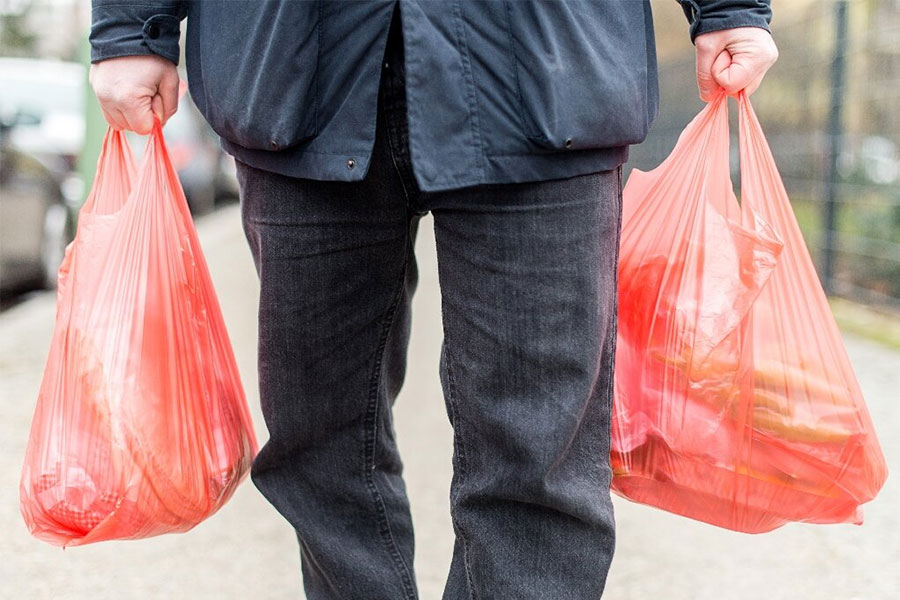
Radar | Jun 07,2025
The African Development Bank (AfDB) and the European Union (EU) are jointly financing 70pc of a 178 million Br project to install a wastewater treatment plant in Yirgalem Integrated Agro-Industrial Park, under the Sidama Industrial Parks Corporation (SIPC).
The project has been delayed due to a lack of finance, disclosed Firehun Fikre, general manager of the Park. The installation of a primary wastewater treatment plant began last week. It will process and refine 200 cubic metres of water a day when it is completed in six months.
Yirgalem Construction, a grade-one contractor, was awarded the project two months ago, bidding against five companies.
Incorporated 17 years ago with Yirgalem Asfaw and Zelealem Woldeamanuel as major shareholders, the contractor runs over 20 projects with a combined value of six billion Birr. Its portfolio includes a recently-awarded 1.3 billion Br road project from Ayer Tena to Alemgena Roundabout through the Welete Suq area, west of Addis Abeba. The company’s latest project comprises a plant that can treat wastewater discharged by industries before discharging into the Park’s surroundings with a low level of pollutants. A primary treatment plant filters and treats hazardous chemicals and heavy elements in wastewater.
Yirgalem Integrated Agro-Industrial Park rests on 294hct of land in an area 40Km from Hawassa town, along the highway to Moyale, a border town with Kenya. It was inaugurated early last year, following the completion of the first phase of construction for 60 million dollars. Federal authorities plan to expand the Park by encompassing an additional 700hct of land to accommodate 152 industries. It is one of three integrated agro-industrial parks that have started operations. Bure in the Amhara and Bulbula in Oromia regional states have begun leasing space for prospective investors. The construction of a fourth agro-industrial park in Ba'eker, Tigray Regional State, started in 2018 but was interrupted a year later. The federal government has spent nearly 400 million dollars constructing the four parks.
The park in Yirgalem houses six agro-processing companies, four of which have started operations by processing avocado oil, honey, and coffee capsules. YBM Trading Plc and Sunvado Manufacturing Plc supply avocado oil to the international market. Combined, their factories can process 14,000tn of avocado annually. These factories dispose of close to 90pc of the raw materials they process, according to Petros Markos, director of communications at the Park.
However, they are dependent on a no-frills liquid waste disposal system.
“It’s hardly considered a wastewater treatment plant,” said Ayalkbet Bekele, operations manager at Sunvado.
Incorporated four years ago with a registered capital of 150 million Br, Biruh Coffee is starting operations after leasing a 2,500sqm shed at the Park. Partnering with five coffee farmers’ cooperative unions, the managers of Biruh Coffee plan to export roasted and ground coffee.
“We’ve already imported all the machinery from Italy and China,” said Biruh Tesfa, founder and general manager of the company. “We expect the arrival of professionals from Italy in mid-August to train our staff to use the machinery.”
The machines process 240Kg of coffee an hour. The General Manager says his company has secured buyers in England and Italy.
“We’ll begin production in September,” he told Fortune.
Experts say the absence of water treatment facilities adversely affects production and investment as it has become one of the top requirements buyers in export markets have.
“Without the waste treatment plants that treat effluents generated by factories, the parks will become a source of environmental pollution,” said Zerayakob Belete, consultant and managing director at Nexus Investment Solutions Plc.
He observes buyers would be reluctant to be associated with brands and products that are perceived as not environmentally friendly and responsible.
According to Tolossa Yadessa, director of environmental and social impact assessments at the Environmental Protection Authority (EPA), all industrial and agro-processing parks must install waste treatment plants. However, the mandate to enforce the installation lies with regional administrations.
Regional administrations plan to construct an industrial-level secondary treatment plant that further cleans the discharge using microorganisms, primarily bacteria. These convert biodegradable organic matter in wastewater into substances considered safe for the environment. The feasibility and design of the industrial treatment plant were finalised three years ago by the Ministry of Industry in cooperation with UNIDO and the FAO. The Ministry oversees the operation of the agro-industrial parks at the federal level.
“The budget requirement has been submitted to the Ministry of Finance,” said Petros.
The plant will be installed in four phases, each with the capacity to refine 4,200 cubic metres of water daily. The Export-Import Bank of Korea is expected to finance the undertaking partially. In 2019, it approved 35.1 million dollars for funding the construction of industrial-level treatment plants in four agro-processing industrial parks.
Construction is expected to be finalised within three years.
PUBLISHED ON
Jul 23,2022 [ VOL
23 , NO
1160]

Radar | Jun 07,2025
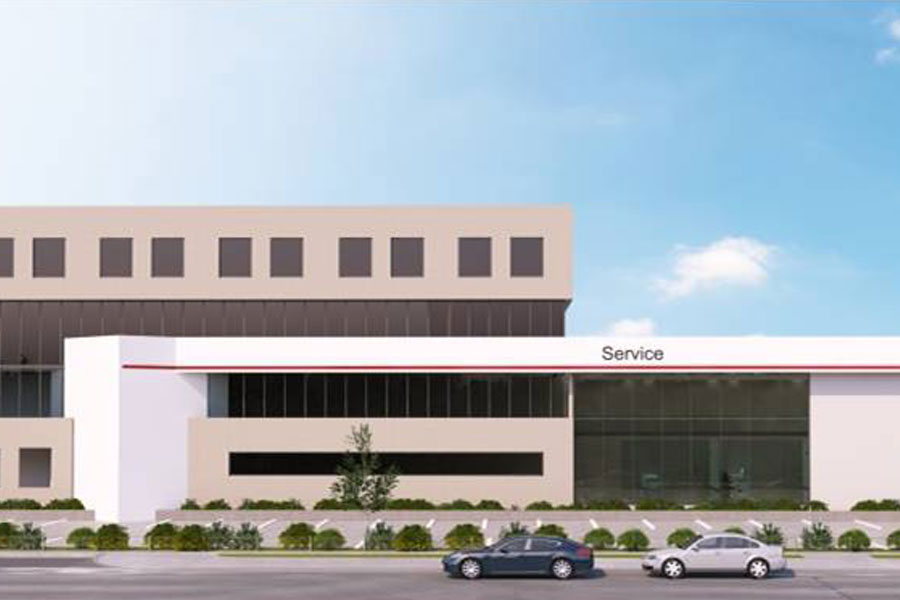
Fortune News | Feb 23,2019
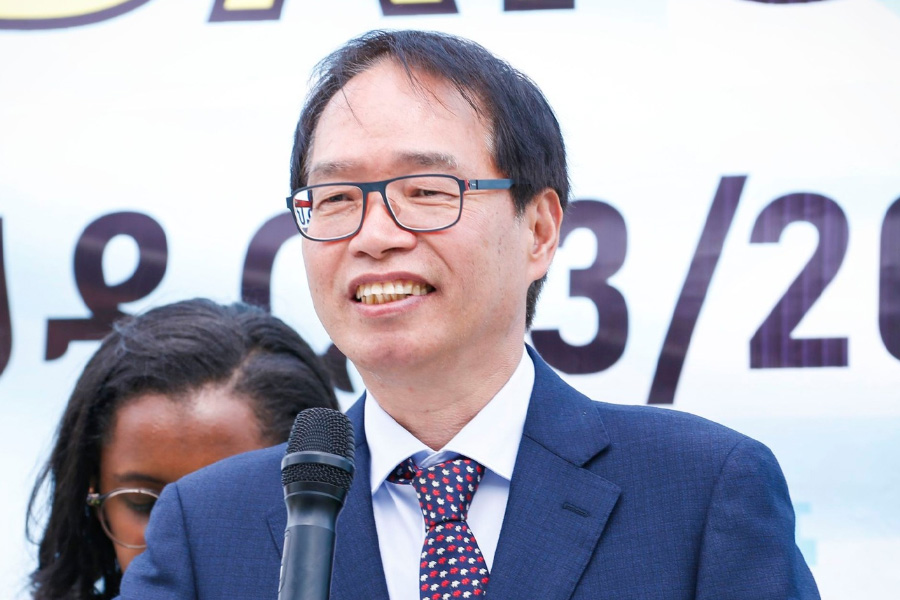
Radar | Nov 24,2024

Verbatim | Mar 19,2022
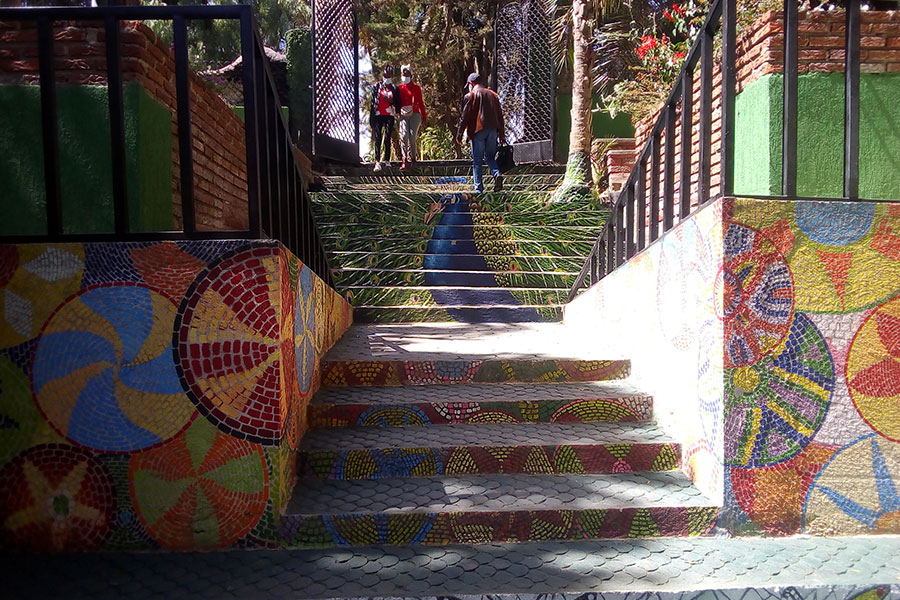
Radar | Jan 03,2021

In-Picture | Apr 13,2025

Radar | Dec 21,2019
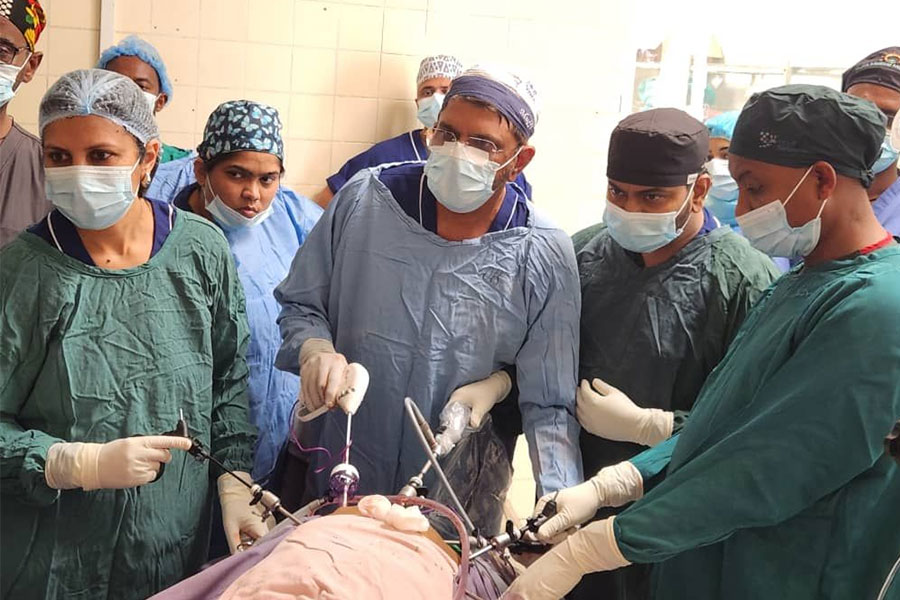
Radar | May 11,2025

Sunday with Eden | Aug 22,2020
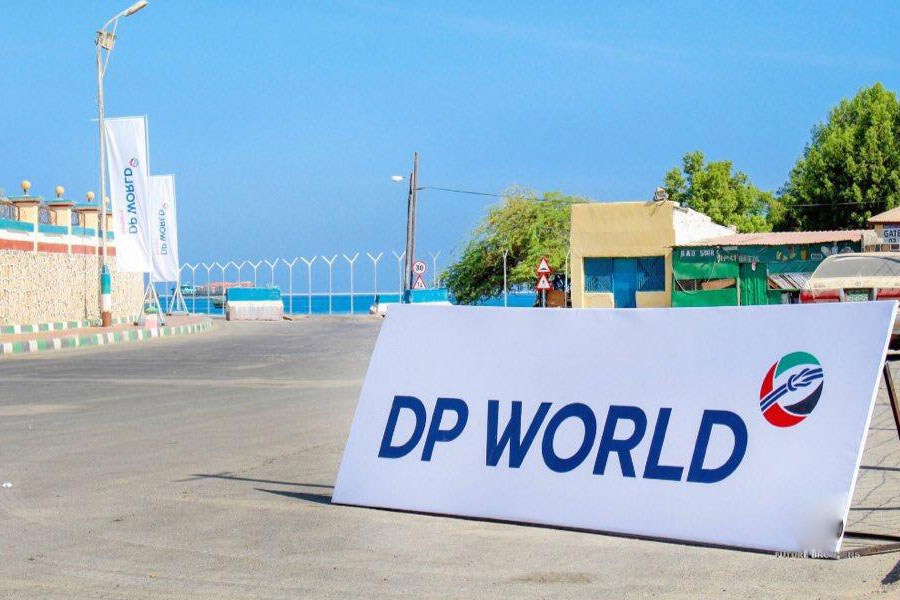
Fortune News | Apr 20,2019

Dec 22 , 2024 . By TIZITA SHEWAFERAW
Charged with transforming colossal state-owned enterprises into modern and competitiv...

Aug 18 , 2024 . By AKSAH ITALO
Although predictable Yonas Zerihun's job in the ride-hailing service is not immune to...

Jul 28 , 2024 . By TIZITA SHEWAFERAW
Unhabitual, perhaps too many, Samuel Gebreyohannes, 38, used to occasionally enjoy a couple of beers at breakfast. However, he recently swit...

Jul 13 , 2024 . By AKSAH ITALO
Investors who rely on tractors, trucks, and field vehicles for commuting, transporting commodities, and f...

Sep 13 , 2025
At its launch in Nairobi two years ago, the Africa Climate Summit was billed as the f...

Sep 6 , 2025
The dawn of a new year is more than a simple turning of the calendar. It is a moment...

Aug 30 , 2025
For Germans, Otto von Bismarck is first remembered as the architect of a unified nati...

Aug 23 , 2025
Banks have a new obsession. After decades chasing deposits and, more recently, digita...